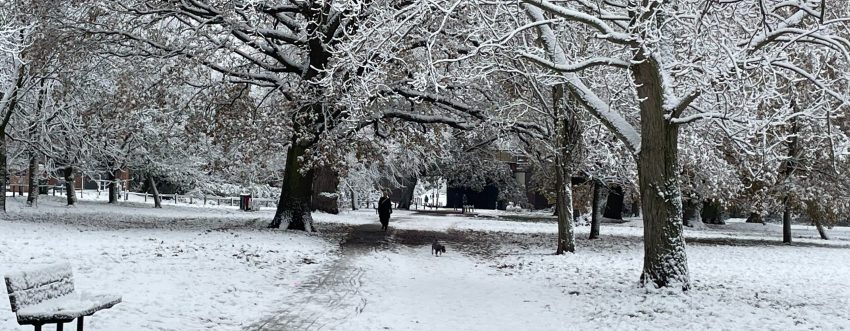As the leaves turn to shades of red and gold, we all know that winter is just around the corner. While the season brings a sense of cosiness, it also presents some unique challenges for rental property owners. One of the most crucial aspects of preparing for winter is maintaining clear and effective communication with your tenant. In this post, we’ll explore why tenant communication during winter is vital and how to ensure that everyone stays warm and cosy throughout the chilly months.
Why is Tenant Communication Important in Winter?
Winter can be tough on both your property and your tenant. By fostering open lines of communication, you can create a strong partnership that promotes the best living environment for tenant and landlord alike. Here’s why it’s crucial:
- Proactive Issue Resolution: Encouraging your tenants to report maintenance issues promptly allows you to address them before they escalate into costly problems. This can save you both time and money in the long run. Ensure they know to report problems they spot with communal areas of Garden Mews, not just within the apartment.
- Safety First: Winter weather can pose safety hazards, from icy sidewalks to frozen pipes. Keeping your tenants informed about safety procedures helps prevent accidents and potential liability issues.
- Energy Efficiency: Informing tenants about energy-saving practices, such as keeping windows and doors closed to conserve heat, can lead to lower utility bills for everyone. Especially important if your rental contract covers the cost of utilities such as electricity or gas.
Tips for Effective Tenant Communication During Winter
Let’s dive into some practical tips to ensure a warm and stress-free winter season:
1. Schedule a Winter Maintenance Meeting:
Consider hosting a winter maintenance meeting or sending out an informative email to your tenant. Outline your expectations for winter maintenance, such as checking heating systems, ensuring overflow pipes are not leaking, and reporting any issues promptly. Providing clear guidelines sets expectations from the start and can minimise cost and headaches later.
2. Create an Emergency Contact List:
Compile a list of emergency contacts, including your contact information, any trusted tradespeople, and local utility companies. Share this list with your tenant so they know who to reach out to in case of urgent issues, like heating system failures or burst pipes. There’s an easy reference guide you can download on our Tenants page here.
There’s an easy reference guide you can download on our Tenants page.
3. Encourage Regular Check-Ins
Let your tenants know that you value their well-being and comfort. Encourage them to perform regular check-ins with you or your agent, especially during extreme weather conditions. This proactive approach can help identify maintenance issues early.
4. Be Responsive:
Show your tenants that you take their concerns seriously by responding promptly to maintenance requests. Quick action not only fosters goodwill but also prevents minor issues from becoming major headaches.
5. Provide Winter Tips:
Share winterisation tips with your tenants, such as using draft stoppers and setting thermostats at energy-efficient levels. Offering practical advice can help your tenant reduce their energy bills and stay cosy.
Ultimately, open and effective communication is the key to a successful winter season for landlords and tenants alike. By setting clear expectations, providing emergency contacts, and encouraging proactive communication, you can create a warm and safe environment your tenant can enjoy throughout the winter months.
Remember, a little communication goes a long way in ensuring a safe, comfortable, and stress-free winter for all. Stay warm, stay cosy, and take good care of your rental properties and your wonderful tenants! 🏡❄️
Photo by Aaron Burden on Unsplash


